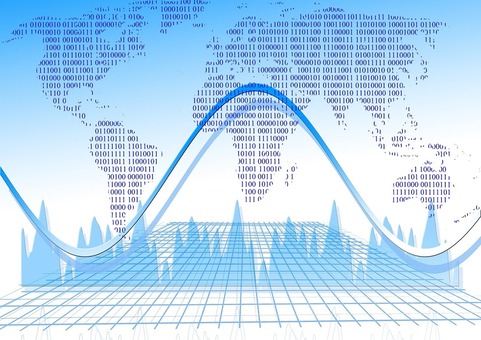|
The world of data professionals is sophisticated and diverse, especially nowadays. In involves professionals whose expertise ranges from the design of data flows to databases, data analytics models, machine learning systems, and APIs that connect the users to a cloud-based solution. It's not a simple matter, while the variety and depth of all these roles leave people bewildered and uncertain about what this ecosystem is and what it can do for an organization.
We can attempt to gain an understanding of this world by reviewing the various professionals found in it. First of all, we have the data architects (aka data modelers) responsible for designing data/information flows, facilitating communication among the people in an organization, and developing the infrastructures for all movement and storage of the organization's data. They are often involved in database solutions as well as ETL processes and the creation of glossaries. Data architects are essential in an organization, mainly when there is plenty of data involved, or the data plays a vital role in the organization's workflow. Most modern organizations are like that, while the abundance of data makes these professionals necessary. Beyond this role, there are also data analytics professionals, particularly data scientists. This sort of professionals is involved in deriving values from the available data, usually through discovering insights. Data scientists are more geared towards messy (e.g., unstructured or highly noisy) data and more advanced models. All data analytics professionals work with databases through focused querying of them, while the creation of visuals based on the data is an essential part of their pipeline. Naturally, this role involves some programming (more so in the case of data scientists) and communication with each project's stakeholders. The creation of dashboards is a typical deliverable in this role, though other kinds of data products are sometimes developed instead. Data engineers are also an essential kind of professionals in this ecosystem. This role entails data governance, particularly when big data is involved as well as various ETL processes that facilitate data analytics work. Managing containers in the cloud and specialized software like Spark is part of these professionals' job descriptions. Data engineers are heavy on programming and often deal with computer clusters, be it physical or virtual. Their communication with the project stakeholders is relatively limited, although they liaise with data scientists quite a bit. Some data engineers are well-versed in data science methods, particularly the development and deployment of predictive models. Finally, business intelligence (BI) folks also have a role to play in the data world. This kind of professionals involves liaising with the managers and other project stakeholders. BI professionals tend to be more knowledgeable regarding the inner workings of an organization. Simultaneously, their use of data is limited to basic models, useful graphics, and descriptions of the problem at hand. BI professionals are more related to data analysts, though they tend to be more involved in high-level tasks. Also, their use of programming is minimal. If you want to learn more about the data professionals' world, I invite you to check out some great books, like those available at the Technics Publications' site. Although geared more towards data modeling, this publisher covers the subject quite well, providing practical knowledge from various professionals in the fields as mentioned earlier. If you use the coupon code DSML, you can get a 20% discount on any books purchased. Check it out when you have the chance. Cheers!
0 Comments
Your comment will be posted after it is approved.
Leave a Reply. |
Zacharias Voulgaris, PhDPassionate data scientist with a foxy approach to technology, particularly related to A.I. Archives
April 2024
Categories
All
|

 RSS Feed
RSS Feed